How Athletes Qualify For The Olympics
How to Qualify for the Olympics
—————————————
The Stories of Rachael Gunn, Eddie the Eagle, and Eric the Eel
The Olympics represent the pinnacle of athletic achievement, where the world’s best athletes come together to compete. However, the journey to qualify for the Olympics is often as compelling as the competition itself. Let’s explore how some unique athletes, like Rachael Gunn, Eddie the Eagle, and Eric the Eel, made their way to the Olympic stage and understand the basic ways athletes can qualify for this prestigious event.
The Basics of Olympic Qualification
Qualifying for the Olympics is a rigorous process that varies by sport and country. Here are some of the basic ways athletes can secure their spot at the Games:
Meeting Entry Standards For many sports, athletes must achieve specific performance standards during the qualification period. These standards are set by the International Federations (IFs) governing each sport. For example, in athletics, athletes can qualify by meeting the entry standard for their event or by ranking high enough in the world rankings.
National Trials Countries often hold national trials to select their Olympic teams. These trials are highly competitive, with only the top performers earning a spot. For instance, the United States holds Olympic trials to determine its top qualifiers in various sports.
International Competitions Athletes can also qualify through their performance in international competitions. These events often serve as qualifiers, with top finishers earning Olympic berths. For example, the World Athletics Relays serve as a qualifying event for relay teams.
Wildcard Entries Wildcard entries provide opportunities for athletes from countries with less developed sports programs. These entries are designed to encourage broader participation in the Olympics. Eric Moussambani, known as “Eric the Eel,” qualified for the 2000 Sydney Olympics through a wildcard entry, allowing him to compete despite limited experience.
Universality Places In some sports, universality places are available to ensure that every National Olympic Committee (NOC) can send at least one male and one female athlete to the Games. This system helps promote global representation and inclusivity.
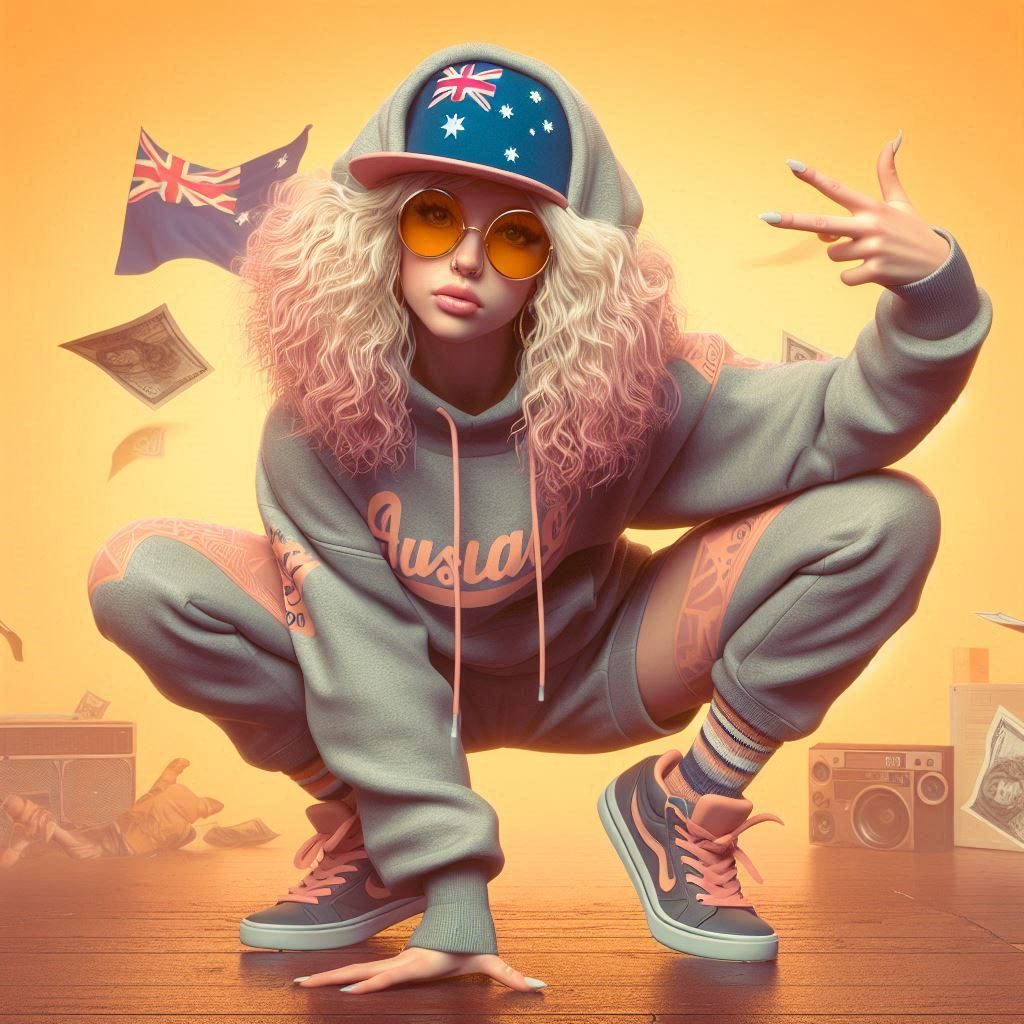
How These Athletes Qualify For The Olympics
—————————————-
Rachael Gunn Breaking Boundaries in Breaking
Rachael “Raygun” Gunn’s journey to the 2024 Paris Olympics is a testament to perseverance and passion. As a breaker, she competed in the debut of breaking at the Olympics. Gunn’s path to qualification involved participating in numerous breaking competitions across Australia and New Zealand. She secured her spot by winning the Oceania qualifier in Sydney. Despite not scoring any points in her Olympic bouts, Gunn’s bold and improvisational style captured the essence of breaking and showcased her dedication to the sport.
Eddie the Eagle Soaring Against the Odds
Michael “Eddie the Eagle” Edwards is perhaps one of the most famous underdogs in Olympic history. As a British ski jumper, Eddie’s journey to the 1988 Calgary Winter Olympics was filled with challenges. Lacking financial support and proper training facilities, Eddie trained with second-hand equipment and faced numerous setbacks. However, his determination and love for ski jumping propelled him forward. Despite finishing last in both the 70m and 90m events, Eddie’s spirit and perseverance won the hearts of fans worldwide, making him a beloved figure in Olympic lore.
Eric the Eel Swimming into History
Eric Moussambani, known as “Eric the Eel,” became an unlikely hero at the 2000 Sydney Olympics. Representing Equatorial Guinea, Eric had only learned to swim a few months before the Games and had never seen an Olympic-sized pool until he arrived in Sydney. He qualified for the Olympics through a wildcard entry, a program designed to encourage participation from underrepresented countries. Despite his lack of experience, Eric’s determination saw him complete his 100m freestyle heat, albeit at a much slower pace than his competitors. His effort and perseverance were celebrated, highlighting the Olympic spirit of participation and determination.
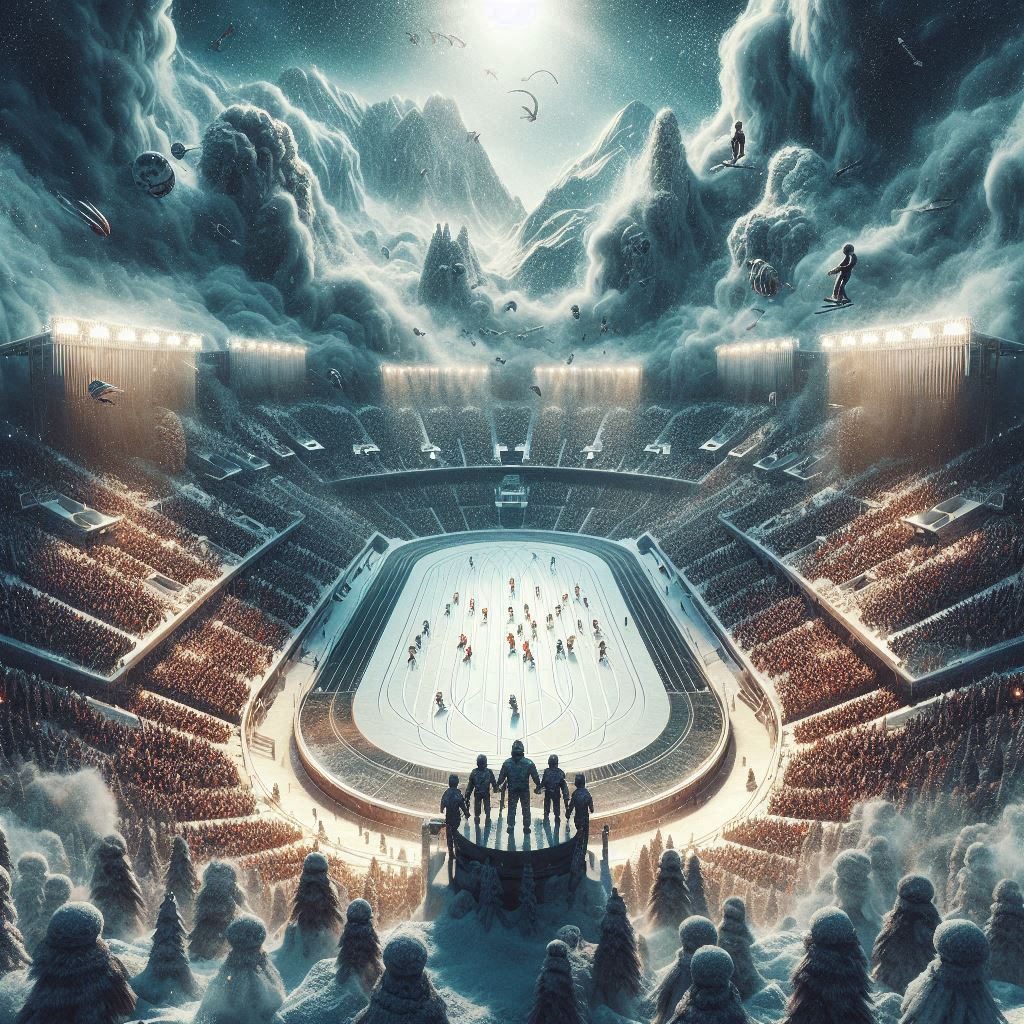
The Role of Sexism, Bigotry, Racism, and Discriminatory Behavior
Despite their achievements, athletes like Rachael Gunn, Eddie the Eagle, and Eric the Eel often face ridicule and lack of recognition due to underlying issues of sexism, bigotry, racism, and other discriminatory behaviors. These factors contribute to the negative perceptions and unfair treatment they encounter no matter even if they properly Qualify for the Olympics.
Sexism
Female athletes often face sexism, which manifests in various forms, including unequal media coverage, lower pay, and less recognition compared to their male counterparts. Rachael Gunn, for example, may face additional scrutiny and lack of support simply because she is a woman in a male-dominated sport. This sexism can undermine her achievements and diminish her visibility.
Bigotry
Athletes who do not conform to traditional norms or who come from less popular sports can face bigotry. Eddie the Eagle, with his unconventional path and underdog status, was often seen as a novelty rather than a serious competitor. This bigotry can lead to a lack of respect and recognition for their hard work and dedication.
Racism
Racism can significantly impact athletes from underrepresented countries or minority backgrounds. Eric the Eel, representing Equatorial Guinea, faced skepticism and ridicule partly due to racial biases. His story, while celebrated for its spirit, also highlighted the challenges faced by athletes from less privileged backgrounds in gaining equal recognition and respect.
Discriminatory Behavior
Discriminatory behavior, including mocking and belittling athletes for their perceived lack of competitiveness, can be prevalent. This behavior often stems from ignorance and a lack of understanding of the diverse paths athletes take to reach the Olympics. It can create an environment where athletes are unfairly judged and not given the recognition they deserve.
Why Are Countries and Media Appalled by These Athletes?
Despite meeting the qualification standards set by their respective countries, athletes like Rachael Gunn, Eddie the Eagle, and Eric the Eel often face criticism and skepticism from both their home countries and the media.
Perceived Lack of Competitiveness
One of the main reasons for the negative reaction is the perceived lack of competitiveness of these athletes. Critics argue that their performances do not meet the high standards typically associated with the Olympics. For instance, Eddie the Eagle’s last-place finishes in ski jumping and Eric the Eel’s slow swimming times were seen as far below the elite level expected at the Games. This perception can lead to the belief that their participation diminishes the overall quality of the competition.
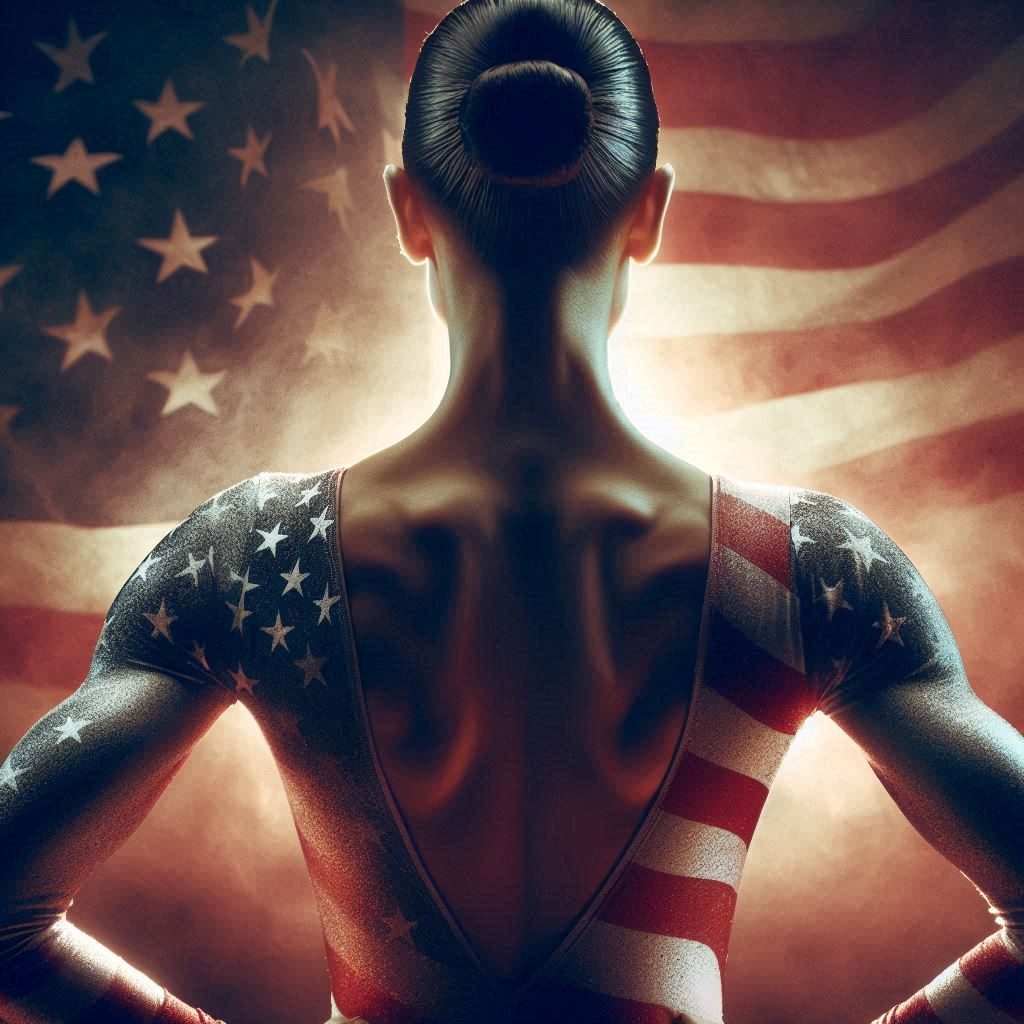
Media Sensationalism
The media often sensationalizes the stories of these athletes, focusing on their underdog status and unusual paths to the Olympics & Qualify for the Olympics. While this can generate public interest and sympathy, it can also lead to a narrative that these athletes are more of a novelty than serious competitors. This sensationalism can overshadow their hard work and dedication, reducing their achievements to mere curiosities.
National Pride and Expectations
Countries take great pride in their Olympic athletes and often have high expectations for their performances. When an athlete’s performance falls short of these expectations, it can lead to disappointment and criticism. This is especially true in countries with strong sporting traditions, where the public and media expect their athletes to compete at the highest level and bring home medals.
Resource Allocation
There is also a practical concern about the allocation of resources. Training and sending athletes to the Olympics requires significant investment. When athletes who are perceived as less competitive qualify, there can be questions about whether those resources could have been better spent on athletes with a higher chance of winning medals. This can lead to debates about the fairness and efficiency of the qualification process.
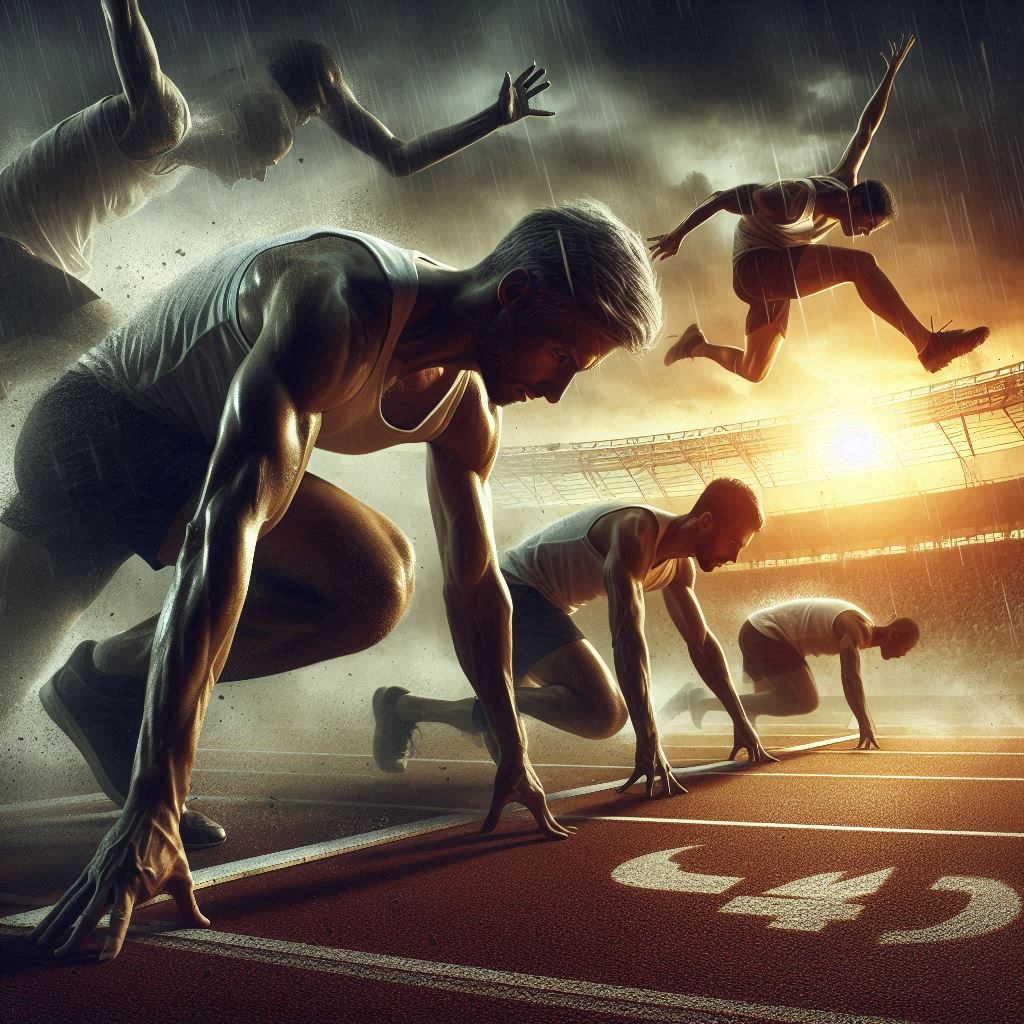
Cultural and Social Biases
Cultural and social biases can also play a role in the negative reactions. Athletes from less traditional or less popular sports, or those who come from countries with less developed sports programs, may face additional scrutiny and skepticism. These biases can influence public and media perceptions, leading to unfair criticism of athletes who have worked hard to qualify.
Conclusion
The stories of Rachael Gunn, Eddie the Eagle, and Eric the Eel highlight the diverse paths athletes take to reach the Olympics & how they Qualify for the Olympics. While their journeys are often met with criticism and skepticism, it is important to recognize the dedication, passion, and resilience that drive these athletes. Their participation in the Olympics embodies the true spirit of the Games, reminding us that the Olympics are not just about winning medals but also about celebrating determination and perseverance. By understanding and appreciating their stories, we can foster a more inclusive and supportive environment for all athletes.
Join the Discussion
The stories of Rachael Gunn, Eddie the Eagle, and Eric the Eel highlight the diverse and often challenging paths athletes take to reach the Olympics. Their journeys remind us that the Olympics are not just about winning medals but also about celebrating the determination, passion, and resilience of athletes from all walks of life.
We’d love to hear your thoughts on these inspiring stories and the broader issues they raise. Do you think the current qualification standards for the Olympics are fair? How can we better support and recognize athletes who come from less traditional backgrounds or face additional challenges? What role do you think media and public perception play in shaping the narratives around these athletes? Should, how athletes qualify for the Olympics
be harder?Let’s celebrate the true spirit of how Athletes Qualify for the Olympics together and work towards a more inclusive and supportive environment for all athletes. Your voice matters!
#Olympics #OlympicJourney #Inspiration #RachaelGunn #EddieTheEagle #EricTheEel #BreakingBoundaries #UnderdogStory #AthleteLife #OlympicSpirit #Perseverance #Dedication #Passion #Resilience #Sportsmanship #Inclusivity #EqualityInSports #Breaking #SkiJumping #Swimming #WildcardEntry #NationalTrials #InternationalCompetitions #EntryStandards #UniversalityPlaces #SexismInSports #RacismInSports #BigotryInSports #SupportAthletes #CelebrateDiversity #JoinTheDiscussion
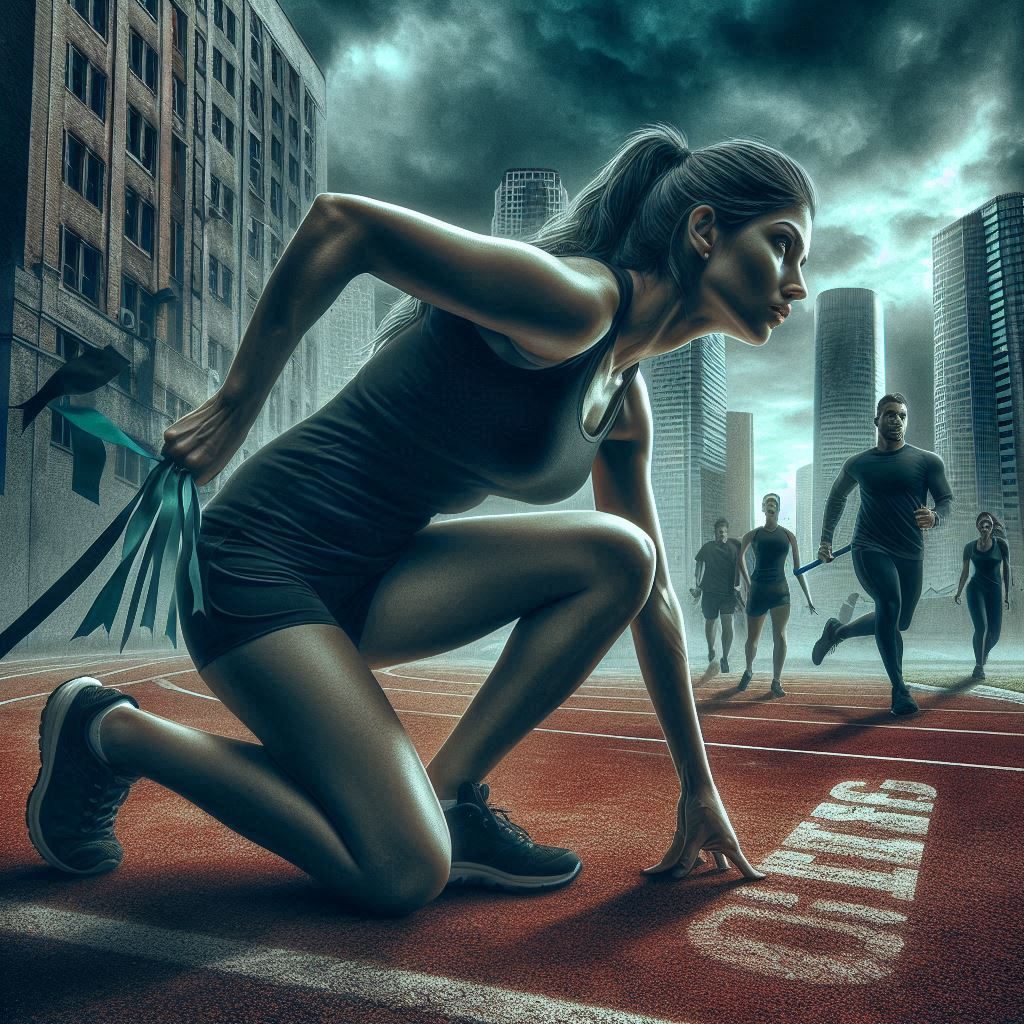

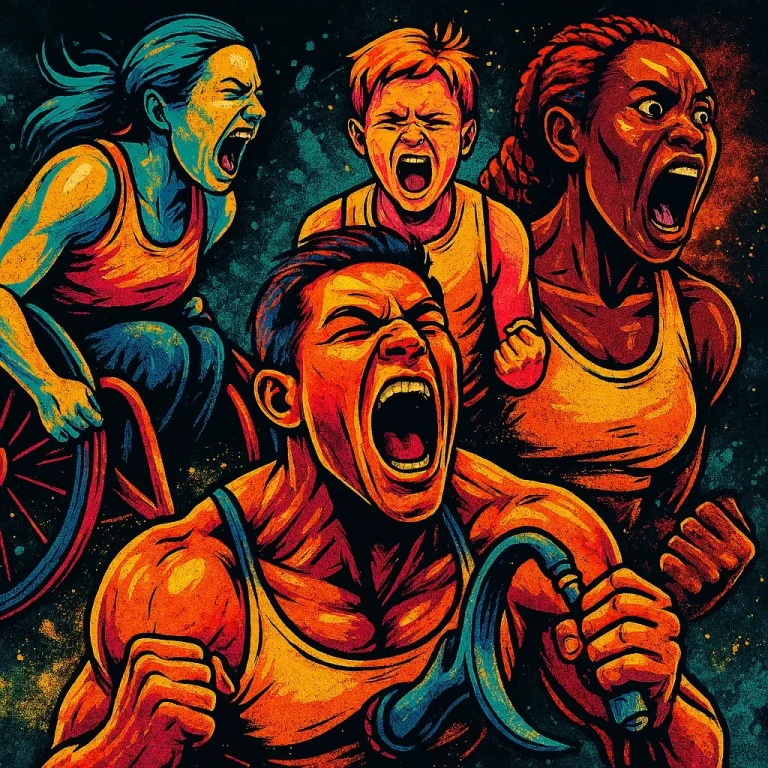

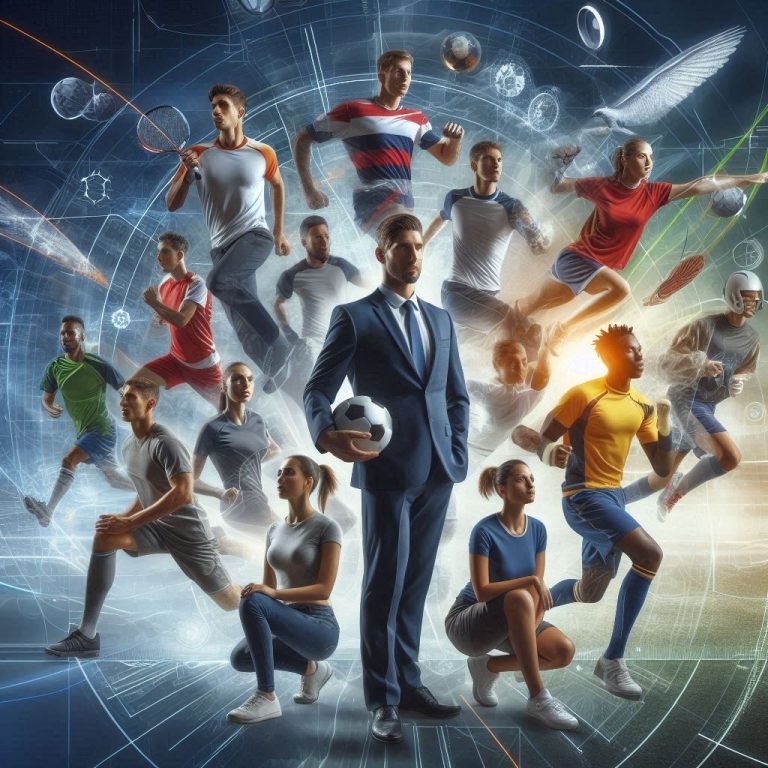

WONDERFUL Post.thanks for share..extra wait .. …